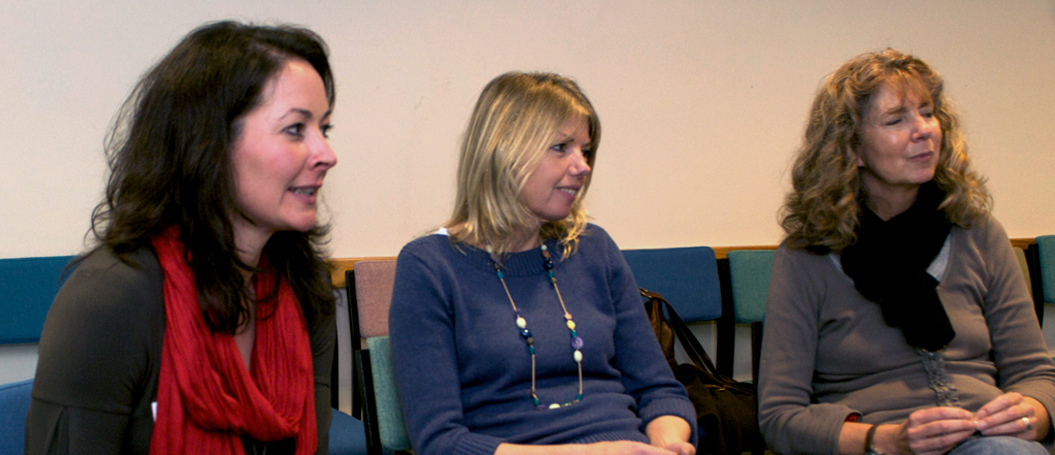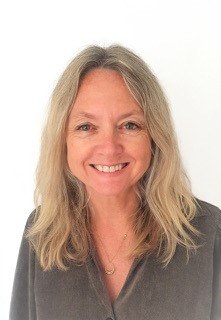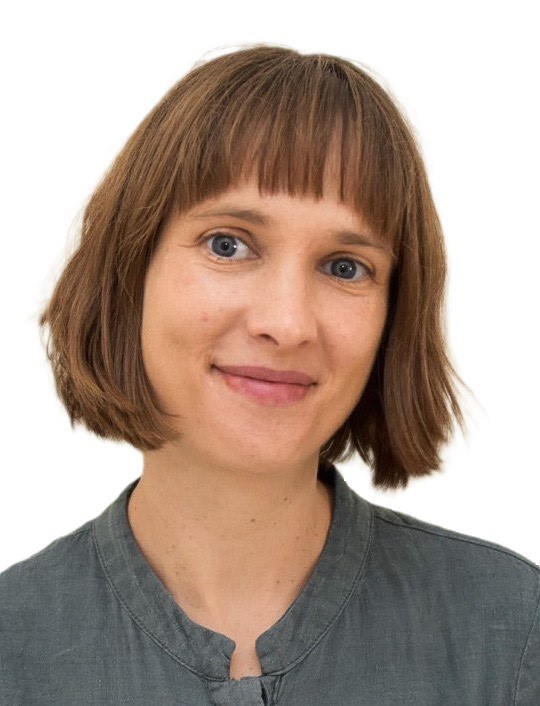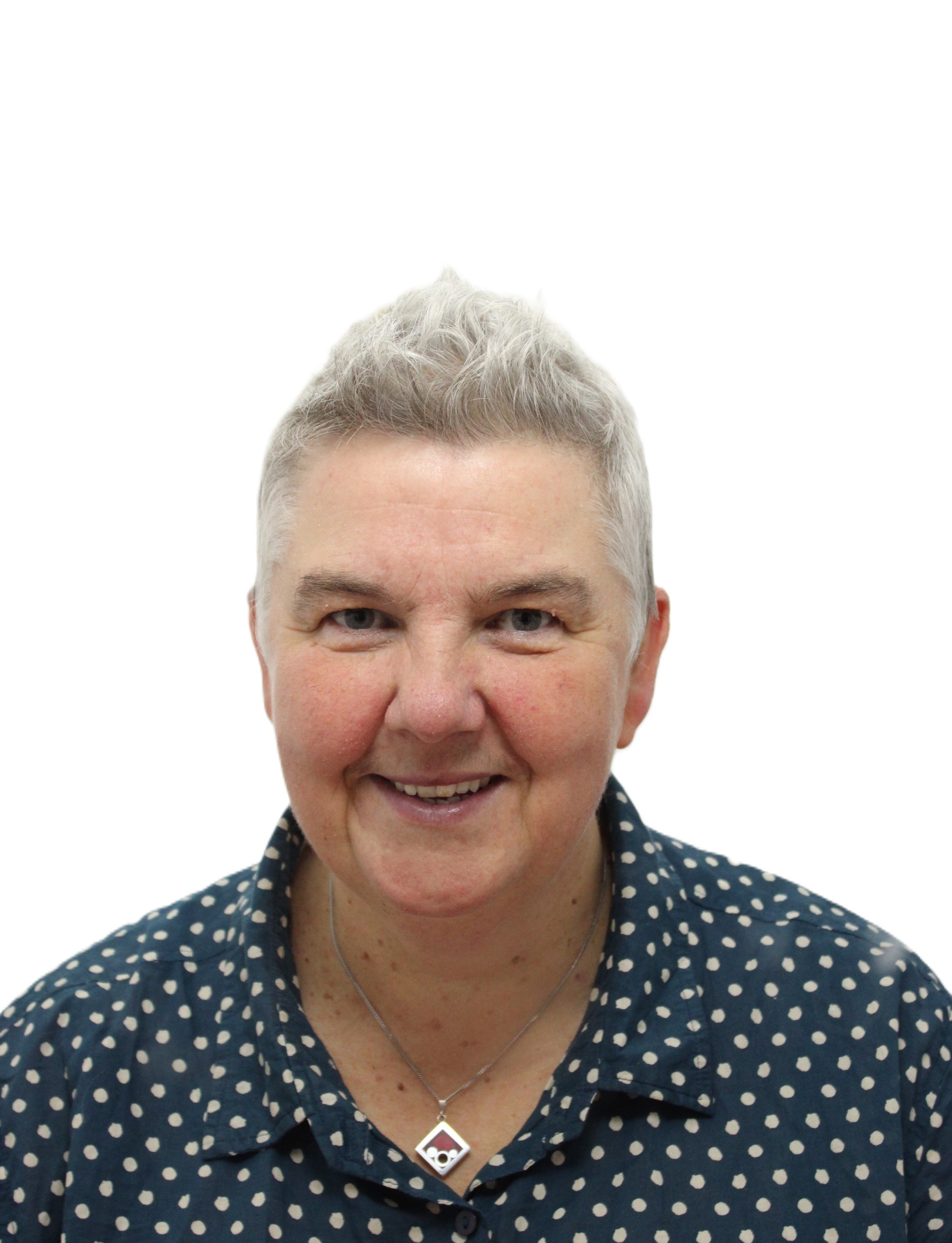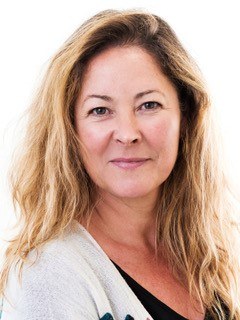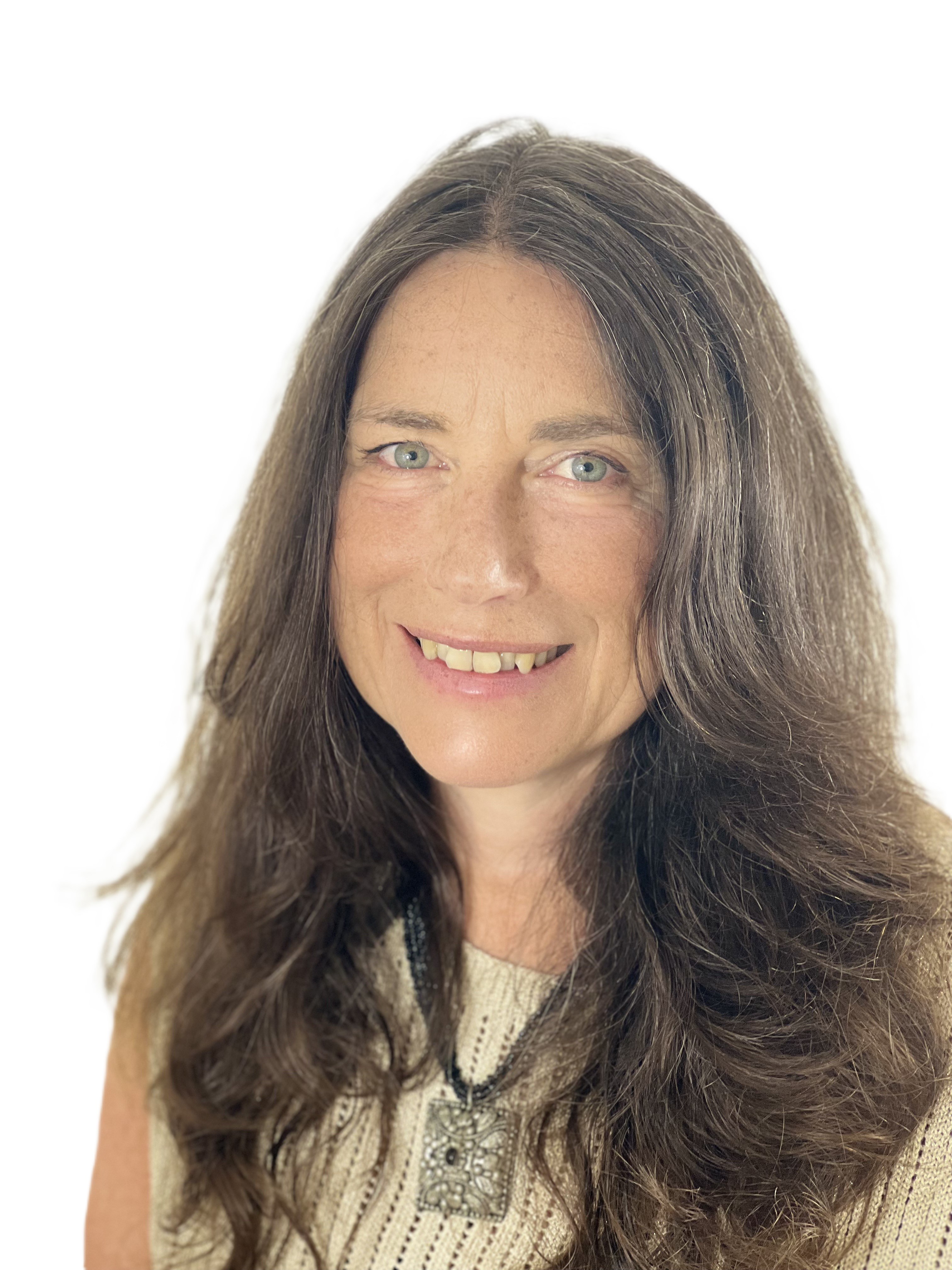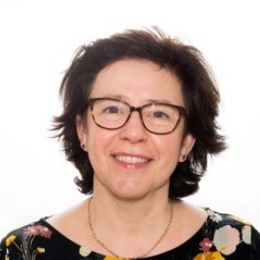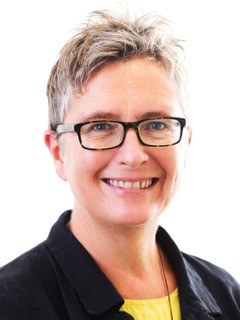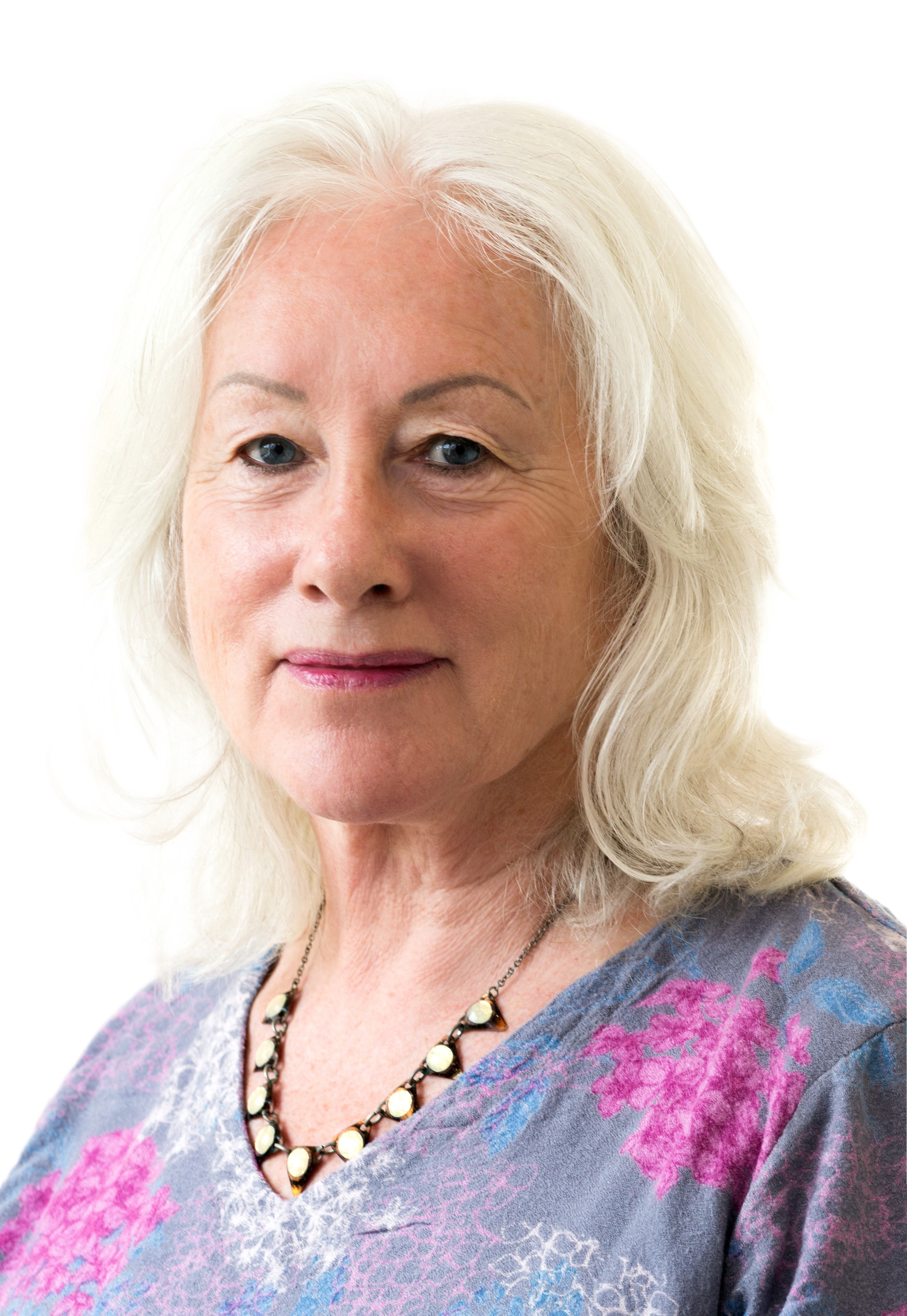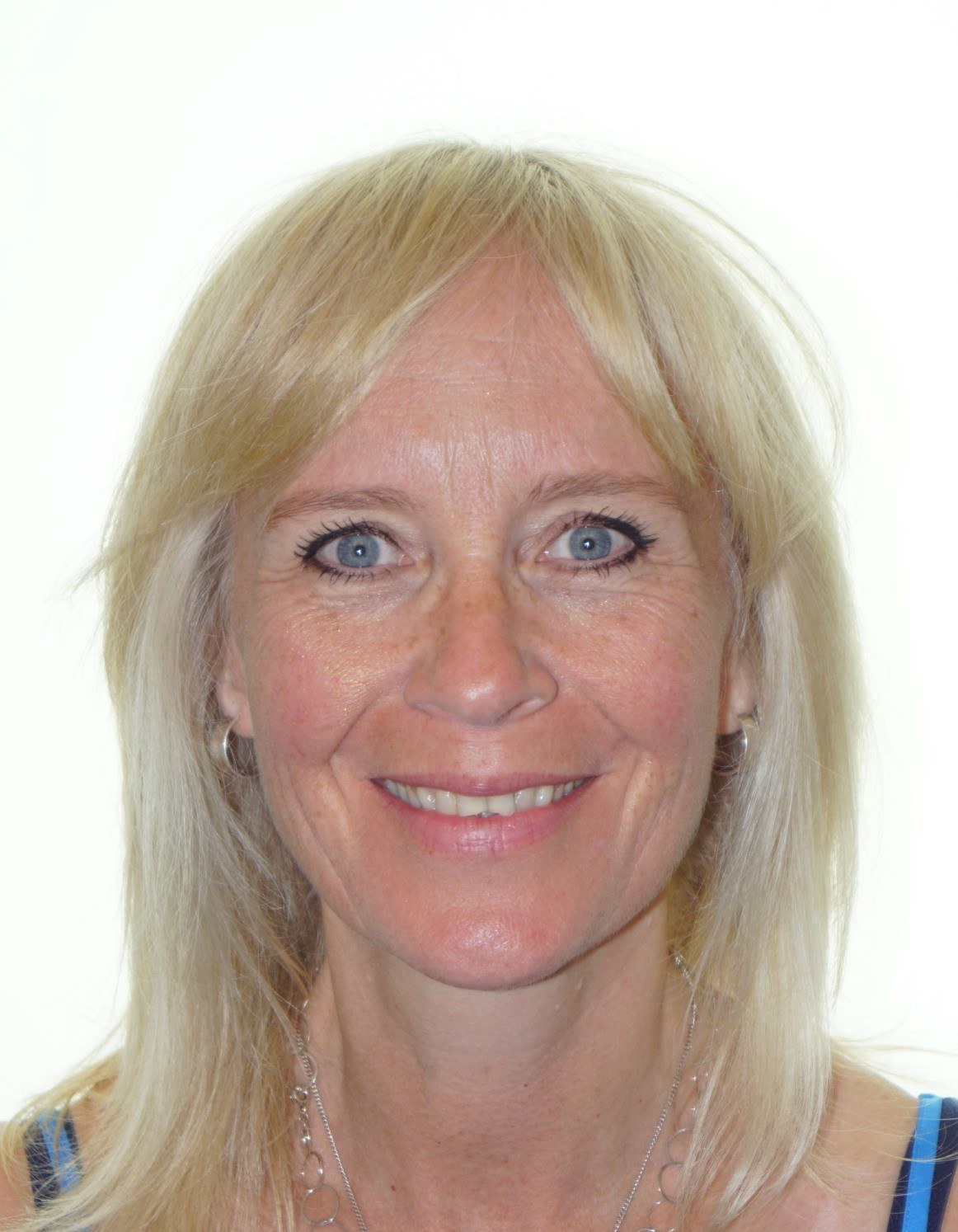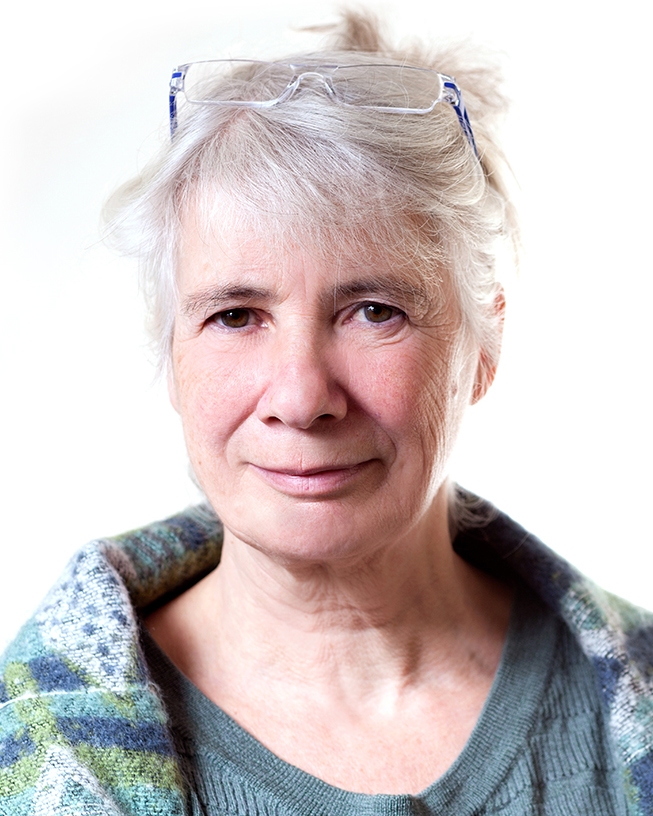'The completing students continue to be of a movingly commendable quality, and the general quality and ethos of the learning culture is to be highly commended. This is what a depth psychotherapy training institute should be like.' External Examiner for Middlesex University, 2020.
 Introduction
Introduction
The deadline for the training commencing September 2026 is 01 May.
This Masters level course is an in-depth training in humanistic and integrative psychotherapy leading to professional practice with clients aged 18 and older. Successful completion of the training qualifies students for the Professional Award in Humanistic and Integrative Psychotherapy and leads to automatic registration with the UKCP in the Humanistic and Integrative College (HIPC). Students are required to set up in supervised private practice, with the support of tutors and supervisors, in order to gain the clinical hours for UKCP qualification and registration.
The programme is quality assured by Middlesex University, London and graduates who have successfully completed all parts of the programme will receive the Middlesex University qualification of ‘MA in Humanistic and Integrative Psychotherapy.’
BCPC's training approach is based on an informed appreciation of the historical roots of theories within the field, across a spectrum from Humanistic to Psychoanalytic. We are also interested in developing contemporary approaches in our training. Within 'contemporary psychoanalysis', Intersubjective Systems Theory (IST) allows us to expand our Humanistic ethos, which accepts the primacy of the client's experience, into a fully relational stance. We therefore embrace IST as an elegant and robust theory which firmly places the relationship at the centre of the therapeutic endeavour, as an organic, lived experience. Within contemporary humanistic approaches, we see 'Dialogical Gestalt' as highly compatible with IST and have integrated these two theories for the last fifteen years.
The 'relational sensibility' that is core to BCPC's identity is expressed through a unique integration and theoretical underpinning and experiential learning methods aim to bring the theoretical concepts to life. This enhances and develops self-awareness and reflectiveness helping BCPC graduates formulate their own synthesis: an individual integration which creates a unique, coherent and considered approach to integrative psychotherapy.
 Course Structure
Course Structure
The MA / Diploma takes 5 years to complete the taught elements of the training. Year 1 of the Diploma serves as a preparatory year for the first module of the MA programme which commences in year 2. This is followed by 3 further MA modules over the next 3 years. At the end of Module 4 students have up to 2 years, if required, to submit qualifying papers but may submit as early as 4 months after completing Module 4.
We require students to be in individual weekly (minimum) therapy with a psychotherapist on our Approved Practitioner List throughout the duration of the course. The cost of this is not included in tuition fees. Students are also required to keep a personal journal. This helps develop self-reflection, and awareness of process which is necessary for the cultivation of an authentic psychotherapeutic relationship with the client.
Individuals admitted onto the programme will embark on a thorough in-person and in-depth training that involves:
- Group building workshops
- Theoretical and practical seminars
- Work discussion groups
- Video-taped skills sessions for reflection and discussion
- Peer and individual supervision
- Teaching of core models of supervision
- Tutorials
- Agency placements
- Guidance for setting up in private practice
- Specialised core study courses
- Facilitated learning community
- Tutoring and feedback in preparation for writing the final submission
 Curriculum
Curriculum
In the first two years of training the course meets weekly, with 32 day-long meetings within each academic year. Full attendance is required. Students are also expected to support their learning by reading all set books for the stage as well as a selection from a broader reading list. We recommend allowing at least six hours per week for study.
Psychotherapy Diploma Year 1
The Experiencing Self: A Lifelong Development
In this first year of the professional training students will be introduced to key psychoanalytic ideas and their development since Freud. They will explore the relational and developmental contexts which shape self experience starting from birth. Central to the beginning of the training is an understanding of the idea of a person’s ‘psychobiography’ and its implications in theory making and in each individual’s development as a psychotherapist.
Students work with clients in agency placements where they receive regular supervision. A percentage of these placement hours can count towards the final required practice hours for submission if supervised by a UKCP accredited supervisor.
In addition to the placement, students meet for theoretical and practical seminars, workshops, discussion groups and tutorials.
Each student receives three tutorials during the year (two of 25 minutes and one of 50 minutes), which take place outside the designated course time.
MA Module 1
The Primacy of the Client / Therapist Relationship
Students will register for the MA programme at the beginning of this academic year. They begin to set up in private practice with the support of tutors and supervisors.
The agency placement from the previous year is usually dropped during this year to allow room for a private practice to develop. In addition to this, the course meets for theoretical seminars, facilitated peer supervision groups, and a final one-day workshop.
Each student receives three tutorials of 50 minutes which take place outside the designated course time. They are also required to arrange and meet the cost of fortnightly supervision sessions outside of course times. This is initially with core teaching staff and subsequently choosing from a pool of BCPC approved supervisors. Students may have to travel as supervisors are taken from a wider geographical location.
MA Module 2
Development of an Authentic Therapeutic Approach
The course meets three Saturdays per year for group days. In addition to this, students are required to undertake ‘Relational Process’, a 72 hour Core Study Course in terms one and two and in term 3, a unit of 36 hours, taught over 3 weekends, ‘Integrating Body process in Psychotherapy’..
Students in this module continue to develop their private practice and continue in individual and peer supervision. A training contract is established in consultation with the tutor. Overall this year furthers the process of integrating the learning from previous stages while moving into the role of psychotherapist.
Each student receives two tutorials of 50 minutes in the year.
MA Module 3
Integration within the Wider Context
Again, the course meets three Saturdays per year for group days. In addition to this, students will fulfil learning outcomes for a mental health placement, plus a unit of 36 hours on ‘The Ecological Self and the Environmental Crisis’. The individual training contract is renewed and private practice continues to develop with individual and peer supervision.
Each student receives two tutorials of 50 minutes in the year.
MA Module 4
Development of Research Methodology and Integration of Therapeutic Practice
The module consists of 18 day-long meetings. It allows for the students, now confident and competent in their practice of psychotherapy, to articulate their own style and theoretical perspective as they continue to prepare for independent practice and the final submission of written work. The student group forms a learning community to develop their thinking and plan their writing. Students are introduced to experiential research methods to identify and define individual research interests/concerns, and are encouraged to find creative means of exploring their dissertation subject area.
Each student receives three tutorials of 50 minutes which take place outside the designated course time.
MA Module 5
Dissertation and Final Submission
(M5 not formally taught)
By this stage students should have accrued the 450 hours of practice required to submit their final papers and write a clinical case study. Although final submission will generally happen by the end of this year, we allow a further year for students to submit their final qualifying papers for the MA/Professional Award, since clinical practice develops at its own pace.
Tutorials are arranged on the basis of individual need and paid for separately. It is recommended that students have a minimum of three tutorials per year. Students remain in their personal therapy up until the point of submission
Please click the links below for details of our programme structure and learning outcomes:
Diploma MA Programme Structure
Programme Learning Outcomes
BCPC's Academic Regulations can be viewed here.
 Job Prospects
Job Prospects
We like to keep apace with what our graduates are doing and so we send out an annual survey. This shows that many of our psychotherapy graduates have thriving practices in their home consulting rooms or linked to a practice centre. Opportunities arise in specialist areas according to individual practitioners' special interest - for example, mentoring in prisons, rape crisis, asylum seeker and refugee project. Psychotherapists can also develop as supervisors or tutors, or offer course work support such as examining and marking.
What our students say:
‘While BCPC offers a comprehensive training in the art of Psychotherapy, it is much more than this. It is an opportunity to explore and penetrate the depth of our interior world, to extend our capacity to relate fully and intimately with those closest to us, and to encounter and reveal a breadth of potentiality that we are perhaps only barely aware of at the start of the training. While this process is challenging and demands much of us, the satisfaction and sense of personal unfolding that can be found during the training are deeply rewarding. For me the years at BCPC have been a life-changing experience.’
Psychotherapy MA Graduate
 Entry Requirements
Entry Requirements
Interested in applying for our Diploma / MA in Humanistic and Integrative Psychotherapy? Visit our Entry Requirements page to find out more.
 How to Apply
How to Apply
Below is a brief guide on how to apply. For detailed information including interview and course dates, please download the Course Information Sheet via the link at the top of this page.
The application deadline for the academic year 2026/27 is 01 May 2026.
External applicants
For students who have not completed our Foundation certificate please visit our Entry Requirements page to find out more.
Please download and complete our External Application Form and email it along with your essay to officemanager@bcpc.org.uk.
Please note we charge a non-refundable application fee of £60. Details of how to make payment will be sent to you following receipt of your application.
Two references, submitted on BCPC reference forms are required. This should be one from a previous tutor or employer and one personal and cannot be from a family member or therapist. The reference form template will be emailed to you following receipt of your application. Applicants will be shortlisted for interview on the basis of their applications.
Internal applicants
For students who have completed our Foundation Certificate and are applying to our Psychotherapy or Counselling Diploma, please download and complete our Internal Application Form.
Please note we charge a non-refundable application fee of £60 and this should be paid when you submit your application by BACS or cheque. If we do not receive your payment at the time of your application, we will send a reminder. Otherwise, please take it that your payment has been received.
Two references are required; one from your current Foundation tutor (please let them know about your application) on the Tutor reference form and one from a person other than either of your referees for Foundation. Please send this person our BCPC Reference Form 2026 and ask them to return it to the BCPC Office as soon as possible.
If you do not hear from us within 3 working days following submission of your application, please email admin@bcpc.org.uk to check we have received it.
Interviews
Our interview day is structured as a workshop-style experience. Applicants will be short-listed for interview on the basis of their applications. Please note that the next interview day will be Wednesday 03 June 2026. We are unable to offer alternative interview dates.
BCPC welcomes applications from a diverse range of students, particularly from under-represented groups. Students with disabilities are encouraged to apply. We will discuss your particular requirements in order to identify and accommodate reasonable adjustments to enable you to participate fully. Our premises are partially wheelchair accessible.
*subject to increase
